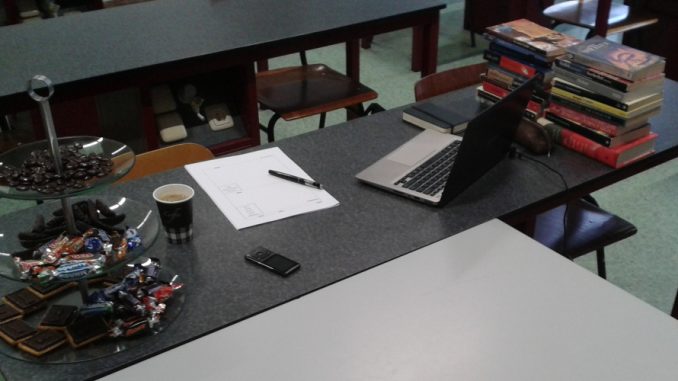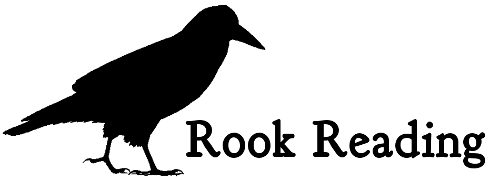
During the assessment students need to compare two novels of their own choice for five minutes. This is a monologue in English and is to be prepared. The comparison should show that they have understood the novels and find connections between the two. The monologue cannot be supported by a PowerPoint or any other visual device (a drawing is allowed, though at a minimum). Most students sit down during their monologue, though some prefer standing.
The comparison should not state what happens in novel A and what is different in novel B. Students need to make connections and discuss the novels. For example, if a student states that person A does something in novel X and person B does something differently in novel Y, they will not get a lot of points. If they state person A does something in novel X because of situation K, which is different from situation L in novel Y for person B, then they are on the right track. In other words, they need to explain the similarities and differences. The comparison should show that the student has read the novels, understood them, brought the student to ideas and have given them deeper insight in the workings of the novel.
There are several ways to compare novels. The method students choose should fit their idea. Some students explain one novel first and then continue to the second one. Other students like to go from one novel to another vice versa.
Students are asked to use some quotes from the novels to strengthen their comparison. So, if they already know which novels they want to compare, they can write down some quotes while they are reading. These quotations are to be read out loud during their comparison. Some students read from their novels with book markers, which is advised. Others read from separate sheets. Students need give their teacher a copy of their quotes.
Sometimes ideas for comparisons come while you are reading, sometimes they don’t. If a student is not inspired by a muse, they should start with a novel which has their interest. What makes the novel interesting? Students should try and find a novel dealing with the same topic or theme. Comparisons can be made on:
- topic
- project (Orpheus, Dystopia, War or Identity)
- theme
- characters
- character development
- setting
- use of language
- any other aspect of a novel
If a comparison is too broad, it will not be interesting. If it is too narrow, it might be difficult to find enough to talk about. Students should prepare a monologue for about seven minutes (nervous people often tend to talk faster), and know what to leave out if time is running out. Students are allowed to have some notes with them to help them out with the structure of their monologue. It shouldn’t be a reading exercise.


Be the first to comment